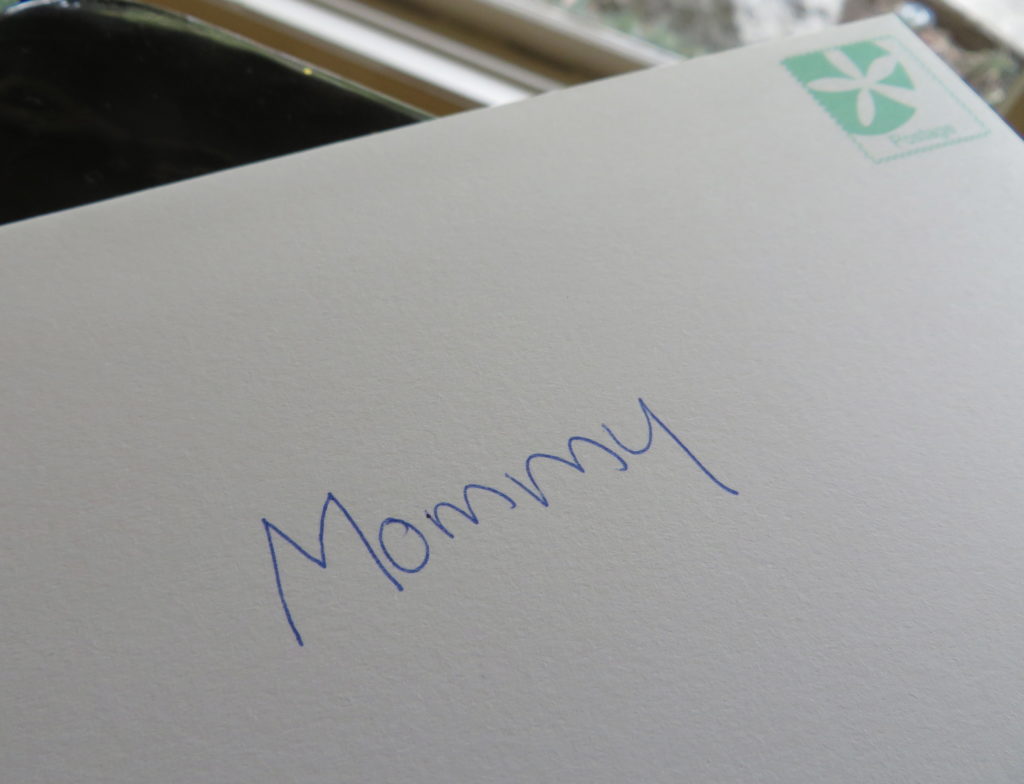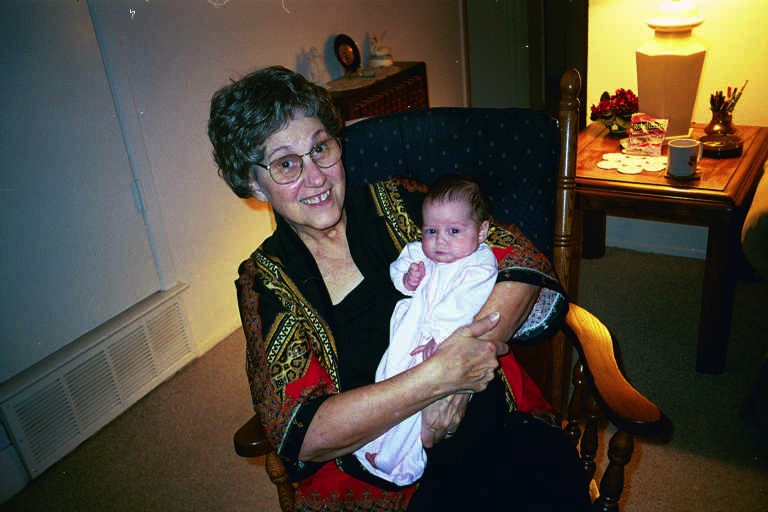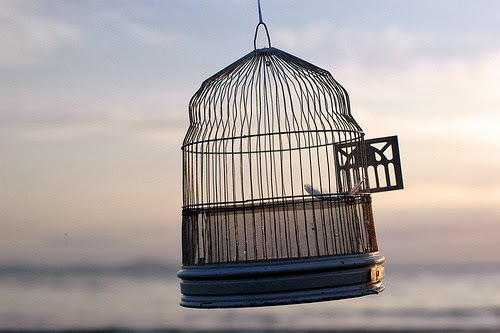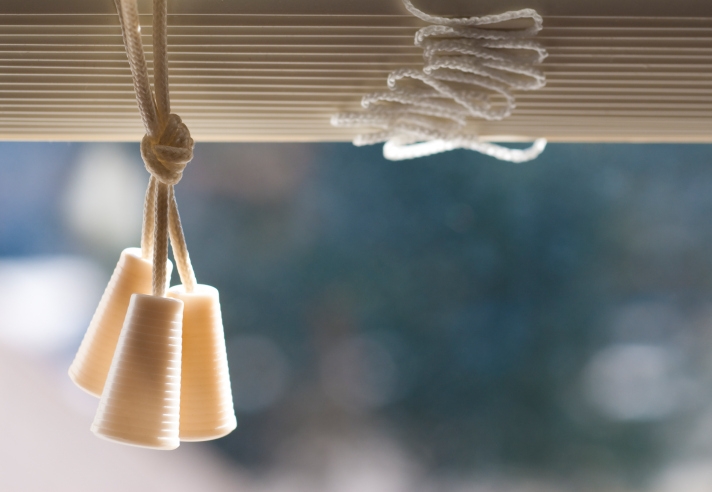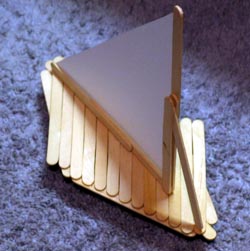
When I travel around the country for meditation retreats, they usually take place in rooms that weren’t designed for Zen meditation. We may come together in a converted barn, for instance, or a basement, conference room or classroom. All that matters is that the room be empty. Then into the space we put a little bit of the form, or appearance, of a Zen retreat.
That means a bell, a statue of Buddha, and if allowed, a candle and incense; cushions or chairs; and a schedule of seated meditation, walking meditation, and chanting services throughout the day. It sometimes seems to me like we fashion a retreat out of popsicle sticks, but somehow it works.
To a beginner, the form appears strange. It’s rarely anything you’ve done before; classical Zen is not exactly a free-for-all. It’s important to see that the form of a retreat isn’t imposed, like a rule. It is offered, like a life raft. Form gives us a place and a way to rescue ourselves from ourselves. What do I do now, our crazy mind shrieks. Do this, form tells us. But how, we wail. Like this, the form shows us, and we have one less thing to fret about.
One of the first things I invite people to do at a retreat is write down the name of someone who is suffering, someone other than themselves. Even though people come to a retreat to get something—something called Zen—we automatically receive the benefit of our own practice. The point is to extend the benefit to others. The names go onto our retreat sick list which is chanted out loud as part of each day’s service. People might offer the name of someone who has cancer or is going through a personal calamity. Someone ill, elderly, or near death. We all know someone in those straits, and those are the first names that come to mind.
At the first morning service, people are self-conscious. Anyone would be. They are chanting things they don’t understand, mumbling words and syllables that don’t make sense. The chant leader is trying to find the right rhythm and pitch; the names on the sick list are mangled. But this is practice: everyone doing everything together for the first time. There is no criticism spoken, but of course, we often judge ourselves harshly.
With each service, the chanting grows clearer and more confident, and each morning the sick list grows a little bit longer. In our empty room, our minds are growing clearer. We think more compassionately of others when we stop obsessing about ourselves. We might approach the chant leader and ask, can I add one more name to the list?
On the last day of retreat, the chanting is strong and beautiful. The words merge in one voice. All are alert and present. The chant leader makes a point of sounding out each syllable. The names are carefully pronounced, and the list is twice as long. That’s when I hear the names of our children, partners, and parents: people who may not be distressed except by what we say to them, what we do to them, what we expect of them, and what we think of them. We have, by the last day, forgotten ourselves, and in that forgetting, taken responsibility for everything and everyone. After saying the last name on the list, the chant leader intones the final benediction:
May they be serene through all their ills
and may we accomplish the Buddha Way together
And in that instant, they are, and we do.
***
Even when it’s made of popsicle sticks, there is room in the raft.
Come sit by me.
Zen Retreat: Meditation as Love
Feb. 5-7, 2016
Kripalu
Stockbridge, MA
Get Maezen’s writing delivered to your inbox.
Subscribe to my newsletter • Come to a retreat • Friend me • Follow me.
